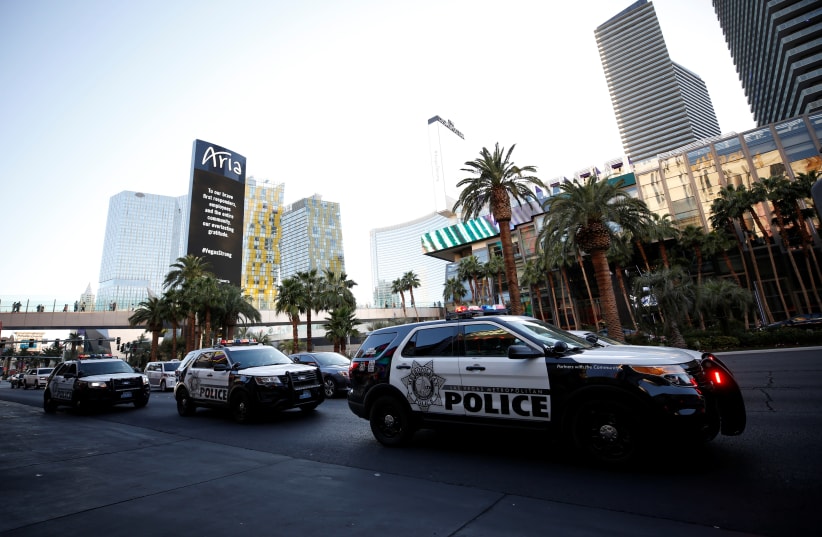To assess whether doctors change their approach to asking about guns in the wake of mass shootings, researchers examined electronic medical records for 16,576 clinic visits between January 2017 and July 2018. They looked at how often doctors asked routine gun-safety questions before and after widely publicized mass shootings at a school in Parkland, Florida, and at a concert in Las Vegas, Nevada.
In the wake of these two shootings, doctors brought up gun safety in only half of their appointments, down from about 70% prior to the shootings, researchers report in JAMA Pediatrics. By contrast, they asked about another serious home safety issue - smoke alarms - in about 90% of visits.
"Some clinicians may find it too painful to discuss prevention of gun deaths after a mass shooting," said Dr. Carole Stipelman, lead author of the study and an associate professor of pediatrics at the University of Utah in Salt Lake City.
"Avoidance is a common response to trauma and it is one of the diagnostic criteria of post-traumatic stress disorder," Stipelman said by email. "A mass shooting is a shared traumatic community event and the physician may be avoiding talking about gun violence to protect themselves or the parents from thinking about the event."
An estimated 4.6 million U.S. children live in households with loaded, unlocked guns, the study team writes. Up to 90% of firearms that intentionally or unintentionally cause harm in the hands of minors come from homes of people they know, including their own homes and those of relatives or friends.
When children and teens commit suicide, perpetrate school shootings, and accidentally injure themselves and others, they're often using guns they found at home or in a household where they spend a lot of time, the study team notes.
With hopes of curtailing these tragedies, pediatricians at University Pediatric Clinic in Salt Lake City added questions to screenings they typically perform during routine clinic visits. Prompted by a patient's electronic health record, they ask parents whether there are guns at home and whether they are locked.
Gun safety appeared to be a difficult topic in general, researchers found. Doctors consistently talked it over with parents less often than they did fire safety. This was true for both trainees and more established doctors.
The study was only done in a single health system, and it's not clear if results reflect what would happen elsewhere.
Even so, the results underscore how crucial it is for parents to be vigilant about gun safety, the study team concludes.
"Children find access to hidden guns without their parents' knowledge and teen suicide rates are increasing - and parents need to know the most effective ways to protect their children from access to firearms," Stipelman said. "Physicians should be taught to speak about trigger locks and biometric gun locks with the same confidence as discussing other safety measures."
